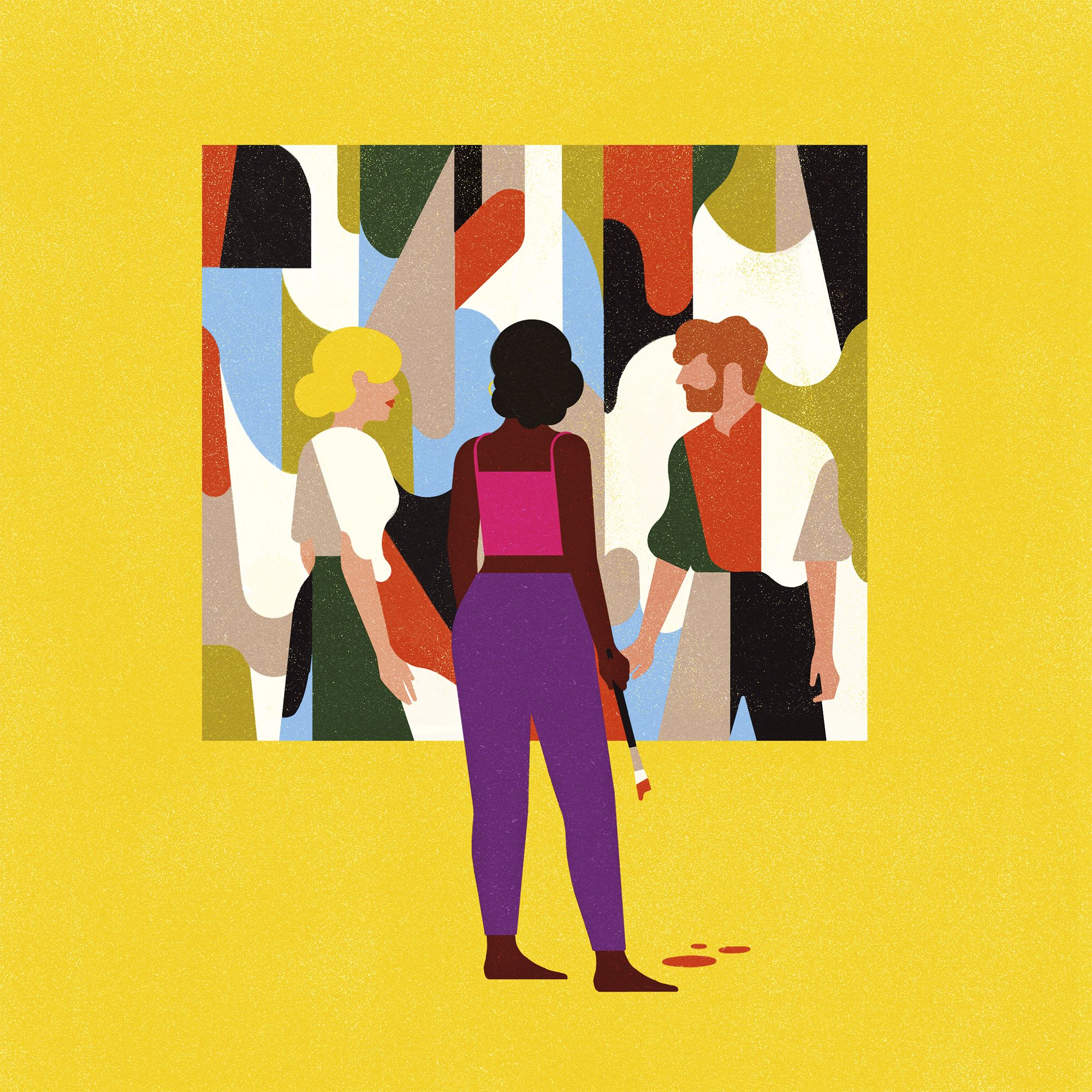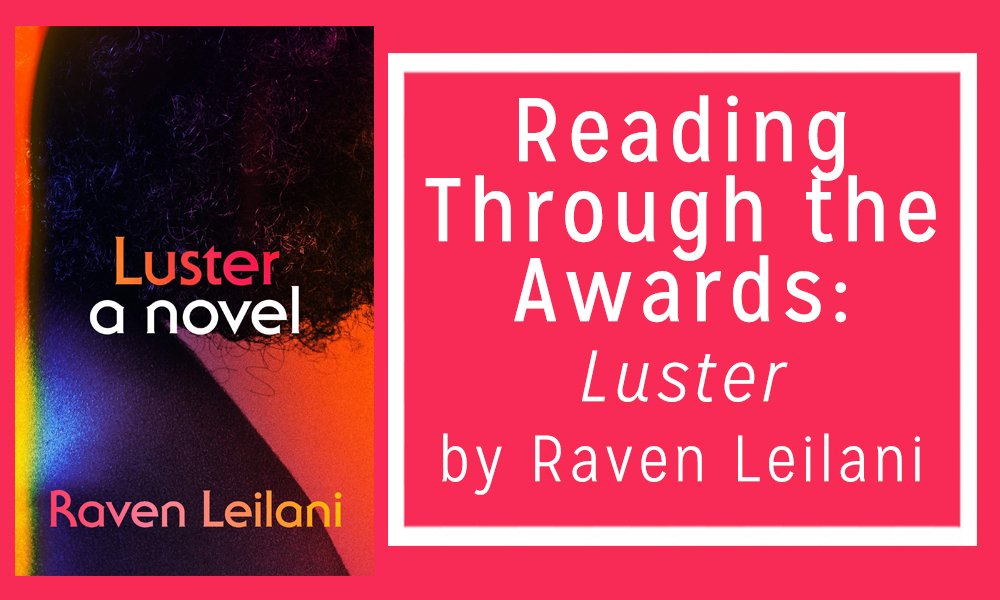
I was thinking about how to depict that in a way that felt honest. And part of that was because I had felt I had to defer to that expectation that I’d be kind of a sterile avatar in order to get anywhere professionally.īut yes, I definitely, in writing this book, was thinking a lot specifically about the character Edie, who’s an aspiring artist. I felt that I had to keep my artistic pursuits separate from what was actually feeding me. The very first things I ever published were short stories and poetry, which I published while I was working a handful of jobs. In fact, that’s why this book is published under Raven Leilani. Often as you come to work with the reduced self, understanding that as a Black professional your margin for error is very thin.

You have to project a professional avatar, and I feel like that itself is very loaded. So did you feel those expectations or those conversations shaping the way you were going into the novel?Ī lot of the book came from that sense of what you have to do in order to advance as a Black woman in the workplace. Besides being in an MFA program, you worked in publishing for a while, and those are both places where people spend a lot of time talking about what it takes to make a book publishable and what’s allowed and what isn’t. Which is something that you’ve also experienced. The vulnerability of this book is so important, especially because so much of what Edie is experiencing is being in these weirdly gate-keeping industries. You can check out our full conversation in the video above or read highlights in the transcript below, lightly edited for length and clarity.Īnd if you’d like to keep the fun going, sign up for the Vox Book Club newsletter and stay tuned for the discussion of our March book, Naomi Alderman’s The Power. Together, we talked through the problems of navigating the world as a Black woman, how to make New York City a character in your novel, and what it means to become an artist, no matter what your medium is.

There, Edie can at last find time to paint - but violence and turmoil lurk around the corners.Īt the end of the month, as is our tradition, we met up with Leilani live on Zoom. At the end of her rope, she winds up moving in with her white boyfriend, his white wife, and their Black daughter in their peaceful house out in the suburbs.

Luster follows Edie, who dreams of becoming a painter but finds herself working a series of terrible entry-level jobs in New York City instead. The Vox Book Club spent this February with Raven Leilani’s Luster, a rich and powerful debut novel about the artistic development of a young Black woman. The Vox Book Club is linking to to support local and independent booksellers.


 0 kommentar(er)
0 kommentar(er)
